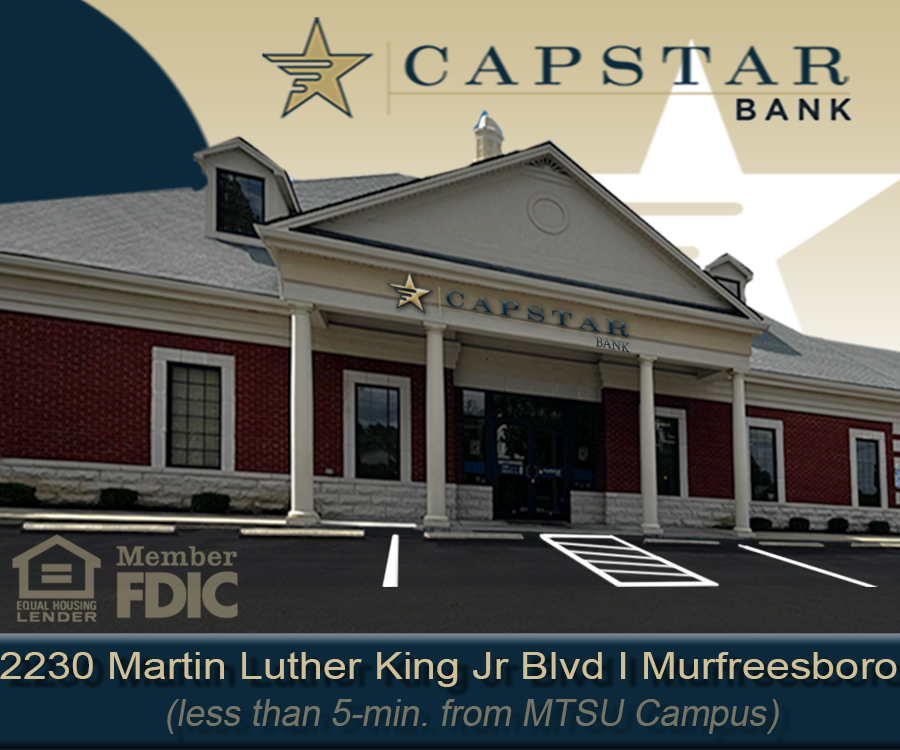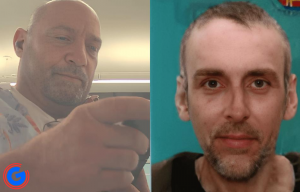Teens today often find themselves engaged in a tug of war with peers that many times encourage a complicated lifestyle that can be made even more difficult by poor decision making.
Their choices are many times influenced by persuasive tactics instigated by those within the circles in which they associate. They experience emotions that confuse them about decision making and recognizing what choices are available for them to pursue.
While there are a number of topics that involve decision making by teens perhaps there is none more important than the decision they will make when confronted with having to make the choice of being a user of alcohol, illegal drugs, prescription drugs, or tobacco products, all of which can lead to abuse and become addictive.
According to the U.S. Department of Health and Human Services, more teens die from use of prescription drugs than heroin or cocaine combined; more high school seniors regularly choose to use marijuana over cigarettes; 60% of seniors don't see regular use of marijuana as harmful; 60% of teens who get or take prescription drugs illegally get them from relatives or friends; by the eighth grade 28% of all adolescents have consumed alcohol, 15% have smoked cigarettes, and 16.5% have used marijuana; and about 50% of high school seniors don't think it is harmful to try crack or cocaine once or twice.
This information is concerning. While the statistics and data provided are based on a national study, the threat is still very real here in Middle Tennessee.
As a parent, you should be attentive and be aware of certain signs that may be pointing to some form of substance abuse being practiced by your child. These indicators are not the final word on determining that a youth may be using illegal substances but are certainly valid considerations.
You should watch for a change in behavioral patterns such as times of depression, emotional swings, being loud when it is not appropriate, being secretive or deceitful, having a new set of friends, locking doors, not returning home on time, and staying away from home more frequently.
You should also be aware of the smell of smoke or alcohol on your teen's body or
Clothing, of missing prescription medications, of missing bottles of alcohol, and the appearance of butane lighters, matches, rolling papers and other items that may indicate the use of tobacco or drug products.
Need Help with your Teen?
If you believe your child may need help or you want to find out more about this topic, contact Volunteer Behavioral Health Care System at 1-877-567-6051 or at www.vbhcs.org.













